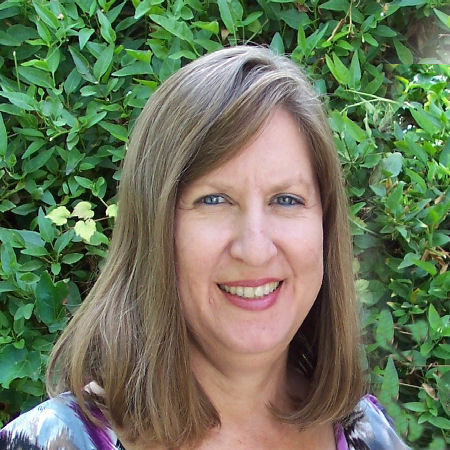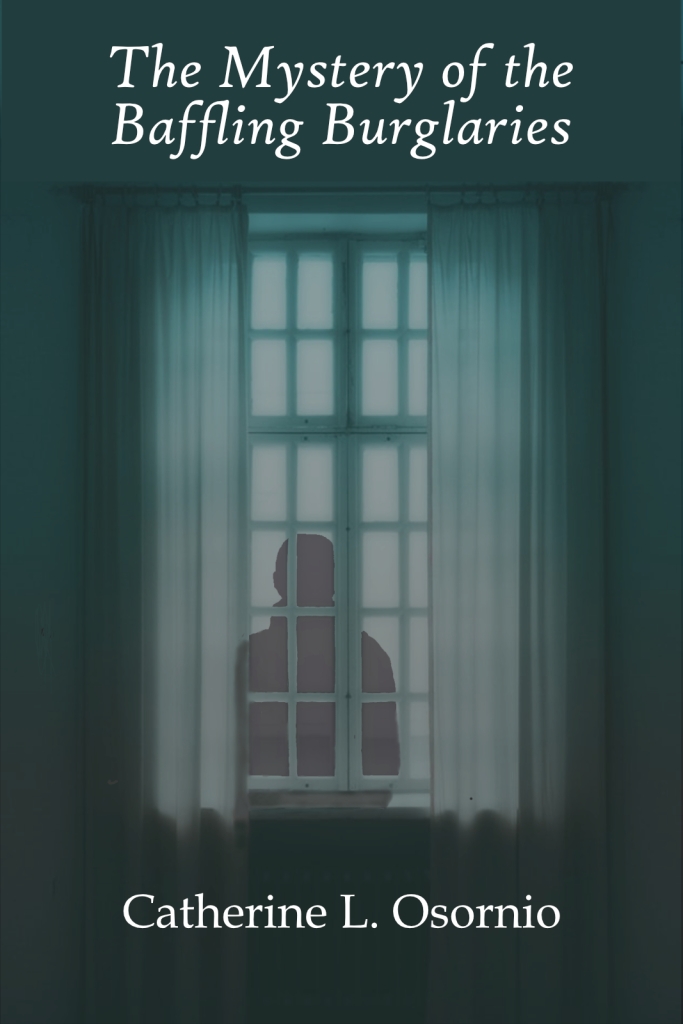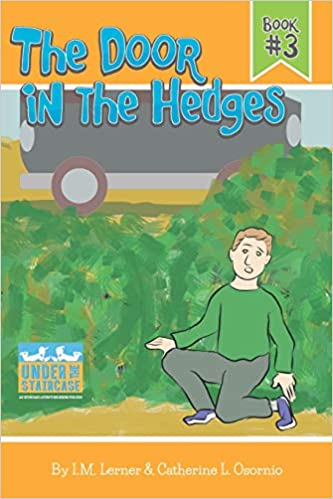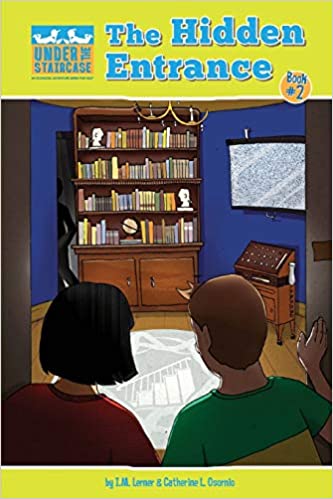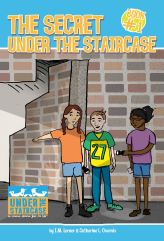A story needs good characters to carry it along, that’s why it’s important to take time to develop your characters before you begin. Take out a sheet of paper or a few index cards. Decide what type of person he/she will be: antagonist, protagonist, etc. Then work on a name. I often pick up a book of names and glance through it so that my character’s personality is portrayed through the name. You could also do the opposite where you pick a name that is so unlike the person, but through the circumstances in your story he becomes the very description of that name by the end.
Now that I have a name, I start building on physical descriptions, personality types, quirks, and hobbies. Also, what is her back story? Where was she born, how many brothers or sisters (if any) does she have, and does she live with her parents or a guardian? These things are important because it will determine WHO your character really is.
Once you have done this with your characters, and you begin to write your story, let your characters speak for themselves. Show in actions what they do and allow their personalities to come out when they speak. This is how you develop voice. Let your mind be so in tune with each character that they are unique and different from one another in word and deed.
Think back to those great books you’ve read in the past with outstanding characters. They all had their own personalities, their own uniqueness, their own set of words. Now it’s your turn to do the same. Grab that pen and paper and start building your characters!
Filed under: 5584 | 2 Comments »


